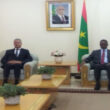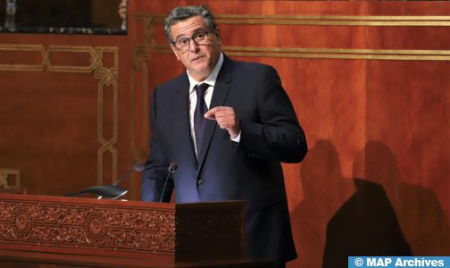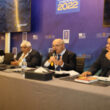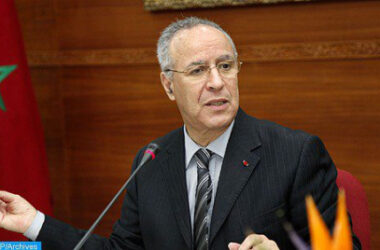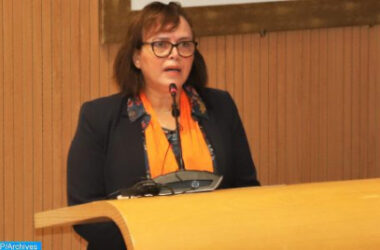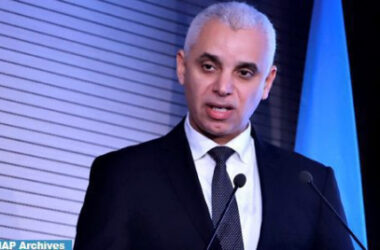In response to a central question during the monthly session on the general policy around the social dialogue in the House of Advisors, Akhannouch stressed that the Kingdom has always ensured the establishment of social contracts with clear references, in accordance with the Constitution, which stresses the importance of a society based on solidarity, guaranteeing to all its components security, freedom, dignity, equality, social justice and decent life.
Since its appointment, the government has bet on the transformation of social dialogue into a space to devise solutions in this exceptional context and to achieve the social choices contributing to the reduction of the negative impact of this situation and the improvement of the socio-economic climate, said Akhannouch, emphasizing the importance of social dialogue in terms of organization and development of labor relations, achieving social peace and economic recovery.
The social dialogue, he said, is a way to solve the problem of employment and investment, preserving job opportunities and improving links between different stakeholders. It is also a prerequisite governing the relationship between the government and its economic and social partners.
Akhannouch said that the changes that currently characterize the labor market around the world and the tensions that mark the labor relations, as well as the unprecedented increase in unemployment rates are challenges that must be addressed through the implementation of measures to strengthen social dialogue and modernize its mechanisms.
In this context, he said that the government treats the various challenges as opportunities to redefine the socio-economic scope of the roadmap of public policies, and as a guarantee of national balances and engine of the dynamics of human development, through the control of the economy and the protection of the most vulnerable categories.
The strategic orientations of Morocco are based on the enlightened Royal Vision, has, on the other hand, noted the head of government, especially with regard to the creation of a healthy climate to succeed in the challenge of modernizing the economy and strengthen its competitiveness, to strengthen social support for development efforts and equitable distribution of its wealth, within the framework of social equity and national solidarity.
Succeeding in this challenge requires a collective will to meet the challenges related to the establishment of a society based on solidarity, said Akhannouch, noting that this willingness is a major mechanism to move to a model of sustainable development and fair.
He also expressed the government’s firm determination to put in place more social measures as a means to achieve economic recovery and social justice, to meet citizens’ expectations and improve the efficiency of public services.
The government’s agenda includes a battery of measures aimed at enshrining the concept of social justice, as an approach that places the citizen at the center of government policies, with a view to reducing poverty, precariousness and social and territorial disparities, and to enshrine dignity, explained Akhannouch.
Reflecting this commitment, the balance sheet of the first year of government action reflects the responsiveness to the challenges in a realistic approach to design, speed and efficiency, he concluded.



